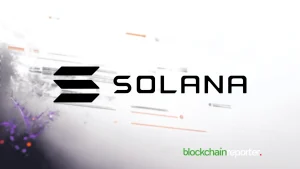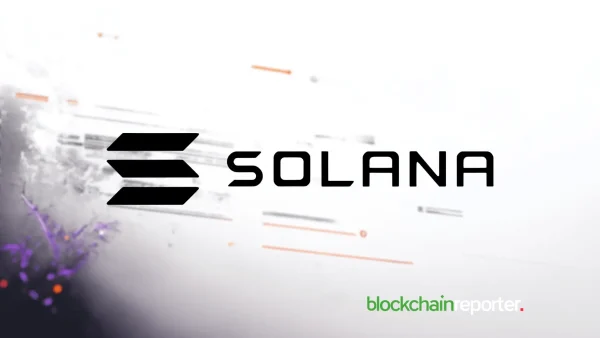
ZenGo has made history by integrating with the Polygon network as the first non-custodial wallet with no seed phrase vulnerability. This means that Polygon users can now enjoy the highest level of security and self-custody for their assets, including popular cryptocurrencies such as Polygon (MATIC), Ethereum (ETH), and Bitcoin (BTC), as well as the added benefit of secure asset recovery built-in. This integration marks a significant step forward in the evolution of decentralized finance (DeFi) and solidifies ZenGo’s position as a pioneer in the industry.
ZenGo removes onboarding complications by integrating advanced biometrics and cutting-edge MPC cryptography. This allows anyone to securely set up and safeguard their wallet in a matter of seconds from any iOS or Android device. Traditional non-custodial wallets are plagued by a single point of failure, but ZenGo’s security mechanism eliminates this vulnerability. Since the beginning of operations for the company in 2018, not a single ZenGo wallet has been compromised.
Reliable and Secure Self-Custody of Digital Assets
ZenGo protects users from potential risks associated with signing Web3 transactions in addition to relieving them of the obligation of storing seed phrases. Users are able to better comprehend the permissions they are granting thanks to the built-in firewall known as ClearSign, which also protects them from unknowingly signing potentially harmful transactions. The combination of ZenGo and Polygon will make it possible for a new generation of Web3 users to benefit from all of the advantages of self-custody without being exposed to the risks that are associated with seed phrases.
Ouriel Ohayon, ZenGo CEO and Co-Founder, said: “We’re delighted to become the first Polygon wallet with no seed phrase vulnerability and built-in Web3 firewall protection. We’ve been blown away by the innovation, engagement, and growth in the Polygon ecosystem, and the global brands building on it, and can’t wait to securely onboard newcomers.”
In order to protect their digital assets, more than 800,000 customers rely on MPC technology, with ZenGo being the most popular wallet of its kind. ZenGo replaces the conventional private key with two “shares” that are generated mathematically and created independently. One is kept on the user’s mobile device, and the other is kept on ZenGo’s server. This not only ensures that there is no single point of failure, but it also makes it easier to recover data in the event that the device is lost or stolen.
The Most Secure and Trusted Crypto Wallet
ZenGo is the safest cryptocurrency wallet available; it is the only self-custodial wallet that eliminates the risk of losing seed phrases. ZenGo has never been hacked and can always be recovered thanks to three innovative technologies that were first used in the industry: MPC cryptography, an integrated Web3 firewall, and a 3-factor authentication recovery model. In addition to having access to in-app customer service around the clock, users can also join a community of more than 800,000 people to buy, store, and trade cryptocurrencies and NFTs.
Hamzah Khan, Head of DeFi at Polygon Labs, said: “Today, digital asset security is still one of the biggest concerns, especially when it comes to those just starting their Web3 journey. This is why the integration of ZenGo is so beneficial to Polygon users, allowing them to reliably and securely self-custody their cryptocurrencies. It also aligns perfectly with Polygon’s mission to onboard the next billion users to Web3, making the space as accessible, safe, and inclusive as possible.
Polygon Labs creates scaling solutions for Ethereum-based Polygon protocols. It collaborates with the developers of various ecosystems to assist in making available a blockchain infrastructure that is scalable, inexpensive, safe, and sustainable for Web3. Polygon Labs has built an expanding suite of protocols allowing developers to have easy access to important scaling solutions, such as layer 2s (zero-knowledge and optimistic rollups), sidechains, hybrid chains, app-specific chains, enterprise chains, and data availability protocols.
Polygon Labs’ pioneering scaling solutions have been widely used, with tens of thousands of decentralized applications (dApps), over 211 million unique addresses, over 1.12 million smart contracts generated, and 2.36 billion total transactions handled since launch. Some of the most important Web3 initiatives, such as Aave, Uniswap, and OpenSea, as well as some of the most well-known businesses, such as Robinhood, Stripe, and Adobe, consider the existing Polygon network their home.









